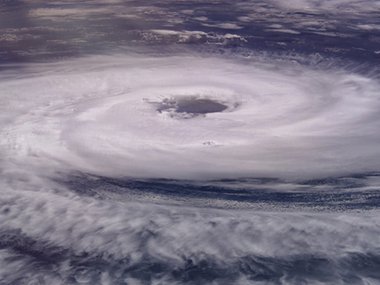Question Your World: Are Summers Getting Hotter?
The dog days of summer are here, folks, and you know what that means: those sultry, hot, sticky days that make you feel like you’re inside someone’s mouth. From now ‘til about October, we’ll run into people who mention the heat. We get it, it’s hot! Does it feel like it’s happening now more than ever? Are summers getting hotter?
In order to see if summers are getting hotter, we need to look back at our good friend, weather records! According to data collected at the Richmond airport and in several other cities around the country, the dog days – or summer days with above average temperatures – are sticking around for longer now than in the past.
Our “usual” summertime temperatures are determined by a long-term, 30-year average of temperatures over the time period from 1981 to 2010. Climate scientists and your favorite on-air meteorologists use this 30-year average as a common baseline for temperature measurements. Since 1970, the number of days here in Richmond that are hotter than the long-term average has risen from about 40 days to nearly 55 days – an increase of over two weeks in a mere 40 years! In other words, we’re adding three more hot days per summer every decade.

Image credit: Getty Images
These hotter summer days are linked with negative health effects like heat-related illnesses and higher energy costs – so, yes, while longer summers may look good on paper, these hotter longer summers ultimately bad for our health and our wallets.
Scientists link these increasing summertime temperatures with climate change caused by the increase of heat-trapping gases in the atmosphere. As our growing population's consumption needs continue to grow, we will need more and more energy. Green energy options greatly help reduce emissions of heat trapping gases, which scientists around the world agree are responsible for the warming of our atmosphere and oceans.
While the average human has little control over industrial energy use, we can do many other things to be more resilient to hotter and hotter summer days. We Virginians can be resilient to these changing summers by increasing shade across city parking lots, adding white heat reflective rooftops, increasing shady green spaces for public use and creating cooling centers that open up regularly even when we're not experiencing a heat wave.
Just a friendly reminder that science is the best tool to help us become more resilient to longer and hotter summers.


